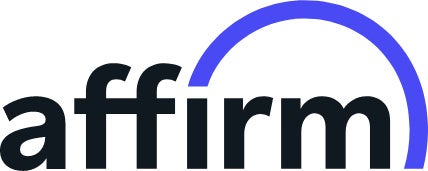Narrowband filter does not eliminate the effects of light pollution or increase the object’s brightness. In many cases, they increase the contrast between nebula and night sky, not brightening the nebula.
It can reduce the transmission of certain wavelengths of light, specifically those produced by artificial light including mercury vapor, and both high and low pressure sodium vapor lights and the unwanted natural light caused by neutral oxygen emission in our atmosphere (i.e. skyglow).
Form 2018, ZWO Made a progress on narrowband filters with the new standard, provide better performance.
Technical Parameter:
Name: ZWO New narrowband 1.25″ filter
Size: 1.25″
Thickness: 5.5mm+2.5mm(thread)
Glass thickness: 1.85mm
Thread: M28.5*0.6 male thread
The ZWO H-Alpha filter has a bandpass of 7nm and passes light at 656nm wavelength, light transmission rate comes up to 80%. Best choice of narrowband H-alpha astrophotography filter for high-contrast imaging and revealing rich details of the nebula even in areas with strong light pollution, just prepare to experience the infinite fun with it!

The ZWO narrowband S-II 7nm filter passes light at 672nm wavelength with a bandpass of 7nm which is designed for nebula observation. It is suitable for visual observation on most emission nebulae, planetary nebulae and supernova remnants, use it with H-alpha and OIII narrowband filters (SHO Set) for tricolor CCD astrophotography.

The ZWO narrowband O-III 7nm filter is designed for nebula observation allowing the 7nm bandwidth of light centered on a wavelength of 500nm through, which corresponds to OIII emission lines, blocking out all other light. Adding the ZWO O-III Narrowband filter to your imaging collection will help you go beyond the RGB imaging and will help capture your favorite nebulas in a totally new light, no matter how polluted your skies may be!

Technical Data
- FWHM:7±0.5nm
- Glass Thickness 2.0+/-0.03 mm (1.25”/31mm/36mm)
- Fine-optically polished to ensure accurate 1/4 wavefront over the both surfaces
- About 90% transmission at H-alpha line 656nm (H-Alpha filter )
- About 90% transmission at SII line 672nm (SII filter )
- About 90% transmission at major OIII line 500nm (OIII filter )
- Infrared wavelength 700-1100nm cut-off
- <0.1% transmission of off-band, OD3(Optical Density)
Transmission Curve

New Narrowband & Old Narrowband filter:
New Ha filter is based on the new base glass, less reflection( less halo of bright stars).

New SII filter is based on the new base glass, less reflection( less halo of bright stars).

New OIII filter is based on the same base glass, new coating standard, better block rate of off-band.

We made a test of our Ha Filters (ASI1600 mono camera, single frame, 300s, DDP in MaximDL) :

Reviews
https://www.cloudynights.com/topic/627187-review-of-the-new-zwo-narrowband-filters-comparison-to-the-old-zwo-and-astrodon-filters/

















